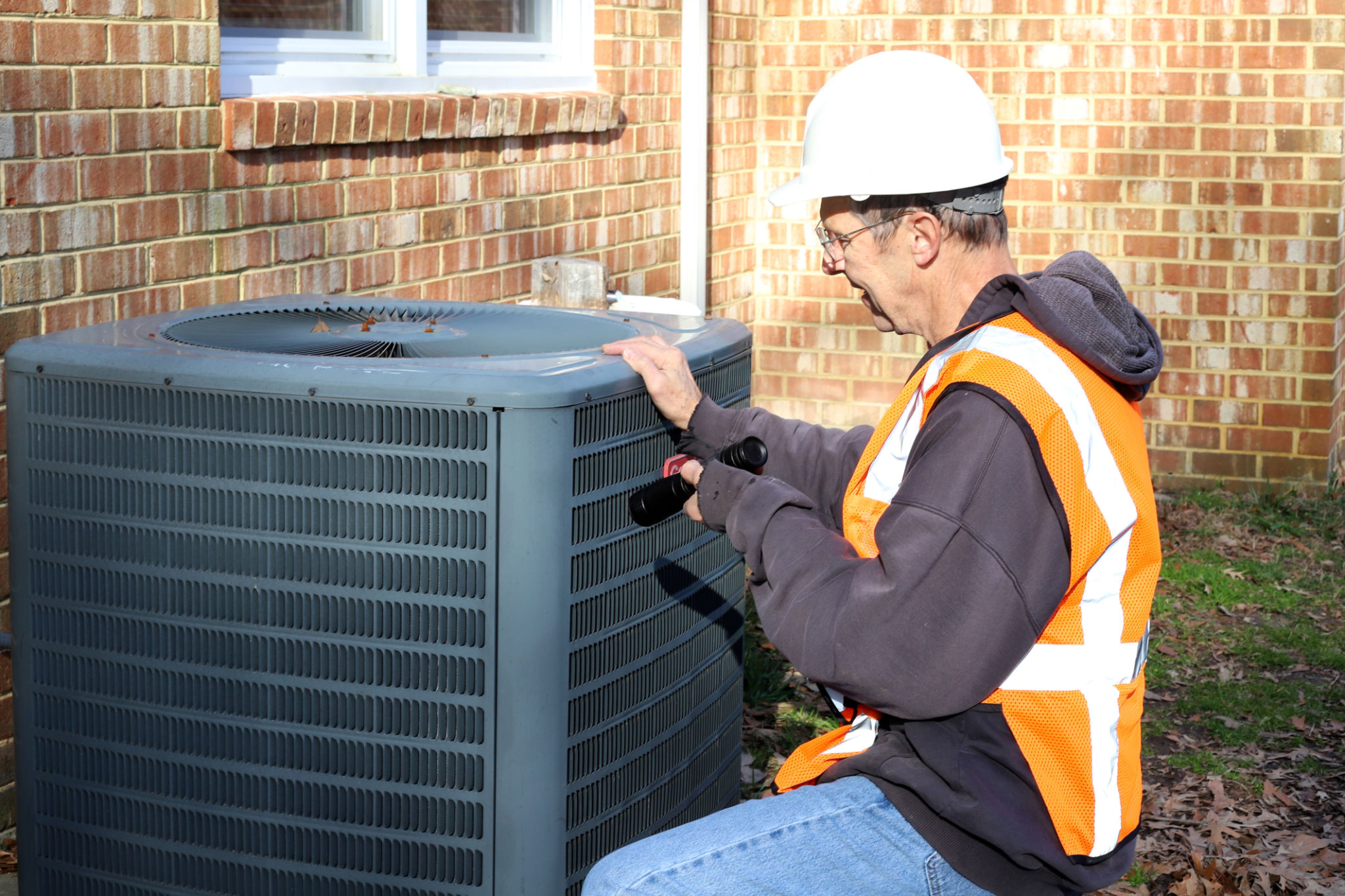Common HVAC Myths Debunked: What You Need to Know
Understanding HVAC Systems
Heating, Ventilation, and Air Conditioning (HVAC) systems are crucial for maintaining comfortable indoor environments. Despite their importance, misconceptions about their operation and maintenance abound. Understanding the truth behind these myths can help you make informed decisions about your HVAC system.

Myth 1: Bigger is Always Better
One of the most common misconceptions is that a larger HVAC unit will provide better performance. In reality, an oversized system can lead to inefficiency and increased wear and tear. Properly sizing your HVAC system is essential for optimal performance and energy efficiency.
Choosing the right size involves considering factors like the size of your space, insulation levels, and climate. Consulting with a professional can help ensure that your system meets your specific needs.
Myth 2: Closing Vents in Unused Rooms Saves Energy
Many believe that closing vents in unused rooms will reduce energy consumption. However, this practice can disrupt the balance of your HVAC system and lead to increased pressure, which may result in leaks or damage. It’s important to allow air to flow freely throughout the entire system for it to function efficiently.

Myth 3: Thermostat Placement Doesn't Matter
The location of your thermostat can significantly impact the performance of your HVAC system. Placing it near a heat source or in direct sunlight can cause inaccurate temperature readings, leading to improper adjustments and wasted energy. Ideally, thermostats should be located on interior walls away from drafts and heat sources.
Myth 4: Maintenance Isn't Necessary
Regular maintenance is crucial for the longevity and efficiency of your HVAC system. Neglecting routine check-ups can lead to costly repairs and decreased performance over time. Scheduling annual inspections and cleaning can help catch potential issues before they become major problems.

Myth 5: Duct Tape is a Permanent Fix
Despite its name, duct tape is not a suitable material for sealing HVAC ducts. Over time, it can deteriorate and lose its adhesive properties, leading to air leaks and reduced efficiency. Instead, use mastic sealant or metal-backed tape specifically designed for HVAC systems to ensure a lasting solution.
Myth 6: Air Filters Only Need to Be Changed Annually
While it might be convenient to change air filters once a year, doing so can compromise air quality and system efficiency. Filters should be checked monthly and replaced every three months or as recommended by the manufacturer. Frequent changes help maintain clean airflow and reduce strain on your system.

In conclusion, understanding these common HVAC myths can help you maintain a more efficient and effective system. By debunking these misconceptions, you can ensure a comfortable indoor environment while reducing energy costs and extending the life of your HVAC system.
